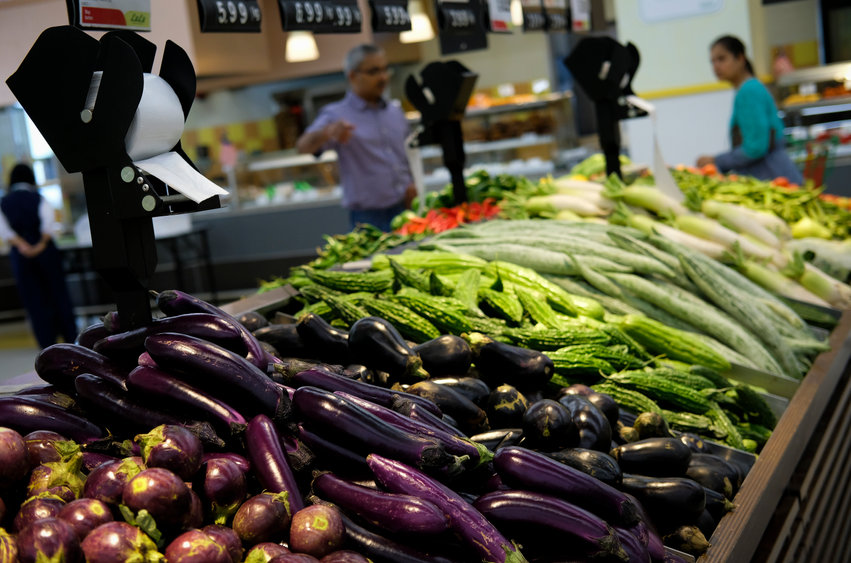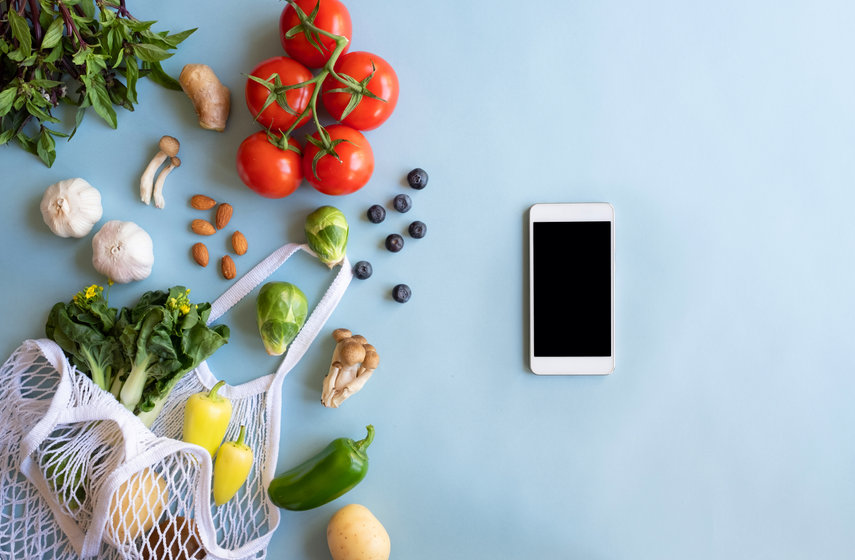BLOG
From Farm to Home: The Popularity of Grocery Delivery Services

For a significant portion of 2020, the world found itself with social distancing mandates. Many of these required that people not go out unless they absolutely had to. Those that could work from home, did. Many people also began looking for a new way to get things they needed, like groceries and other household products. Introducing the widespread switch to grocery delivery services.
COVID-19 Pandemic and Grocery Delivery Services Popularity
COVID-19 has been marked as a result of social distancing mandates and recommendations. As the social distancing mandates decreased the ability to move about freely, many Malaysians began searching for a way to get what they needed. Since so many restrictions made it more difficult to enter stores, such as maximum building capacity, it made more sense to reduce the number of people in stores. Another thought process regarding the decision to use grocery delivery services is the desire to protect loved ones, especially at-risk individuals.
Since the beginning of the pandemic, Malaysia has reported reported 2.3 million cases. As a result of these two things alone, the adoption of grocery delivery services has skyrocketed across the world, including in Malaysia. Although Malaysia has begun lifting its restrictions, consumers have adapted to the ease and convenience of grocery delivery services, marking the continued need for these services.

The Rise of Grocery Delivery Services
HappyFresh
One of the most well-known grocery delivery services in Malaysia is HappyFresh. It was founded in 2014 and is one of the fastest-growing platforms in the area. Currently, the company operates in major cities in Malaysia, Indonesia, and Thailand, but is expected to expand to even more areas. HappyFresh is a one-stop online grocery shopping portal, letting users avoid traffic jams, long queues, and packed stores, even as they get fresh vegetables, other groceries, and household products. The goal of the company is to provide a seamless platform that exudes convenience, but also has quality service, allowing customers to shop efficiently and have time to do what matters most to them.
TMFarms
TMFarms has been growing organic produce since 2009. More recently, it has adopted delivery services, where organic fresh produce can be delivered once per week based on your schedule. You can choose the day and time of delivery.
GrabMart
GrabMart is similar to the other grocery delivery services available in the area, opening in 2012. However, the company doesn’t just do grocery delivery services. It also provides other delivery services, such as cleaning supplies. Notably, it is the largest company in Southeast Asia to offer these types of services.
Impact of Digital Connectivity
Grocery delivery services would not be possible without digital connectivity. With digital connectivity, these companies are able to link orders across the country in a single logistical system to ensure that all customers get their orders in a timely fashion. Without continuing technological advancement, leading to further digital connectivity, it wouldn’t be possible for services like these to exist and further advancement will lead to expansion of existing companies and the development of new ones as customers are better able to engage with them.
Digital connectivity helps companies expand through providing them with new markets. In the case of grocery delivery services, digital connectivity is important for the entire supply chain. Not only must the company have a clear inventory for customers to see, but also the ability to show availability of that inventory. Importantly, the inventory must be kept updated at all times in order to meet the needs of customers.
The shoppers also utilize digital connectivity tools. For example, they get the order, then transparently show that the product is being selected. This allows for a two-way street where customers can make requests in case of substitutes. This means that customers are able to keep track of their shopping experience and give instructions where needed. Moreover, the entire process is transparent, which is important for most grocery delivery services.

Once shopping is done, the app typically notifies the customer. The final part of the supply chain involves the GPS tracking where customers are able to see the progress of their order from store to home. This can help prepare for delivery, such as clearing out refrigerator space. If customers aren’t at home, this also helps ensure that someone is available to take care of the groceries and products being delivered.
Once delivery occurs, the order is closed out. Customers are able to provide feedback on their experiences. All of this information is important for expansion of the company. By having strong company expansion, it is possible that a previously-regional company could become international and provided products globally. While, of course, this would not always warrant same-day delivery, but it could be beneficial to obtain authentic foods from different locations.
Other larger companies, such as Amazon, do this. As a result, this type of expansion is possible, but does require strong digital connectivity capabilities in order to meet the objectives of the company and be easy for the customer to use. Digital connectivity, then, must be advanced on the “inside,” meaning that it must also be user-friendly in order to be most effective.
Digital connectivity is a critical part of all companies that want to expand. For grocery delivery services, digital connectivity is the backbone of success and, without it, the company cannot hope to be successful in the long-term because it requires immense transparency and logistics to perform such a service. As a result, grocery delivery services are powerful tools that utilize digital connectivity in advanced, yet easy-to-use ways that allow customers to get what they want, when they want it, without having to go to the store — all of which is especially important during the COVID-19 pandemic.
Digital connectivity can help in ensuring the right customer gets the right products at the right time and in the right way, allowing for a strong quality assurance program through transparency built upon digital technology that leads to expansion. That’s why we at Allo are constantly looking to expand our networks and bridge the digital divide between businesses and potential users.
Digital technology is not going away and is, in fact, becoming more advanced. Therefore, it is important for all companies to consider how their digital connectivity impacts the way the company expands and meets the expectations of customers and employees. Without it, globalization would not be possible.
Consider Allo for your connectivity needs. For more information, contact us.
